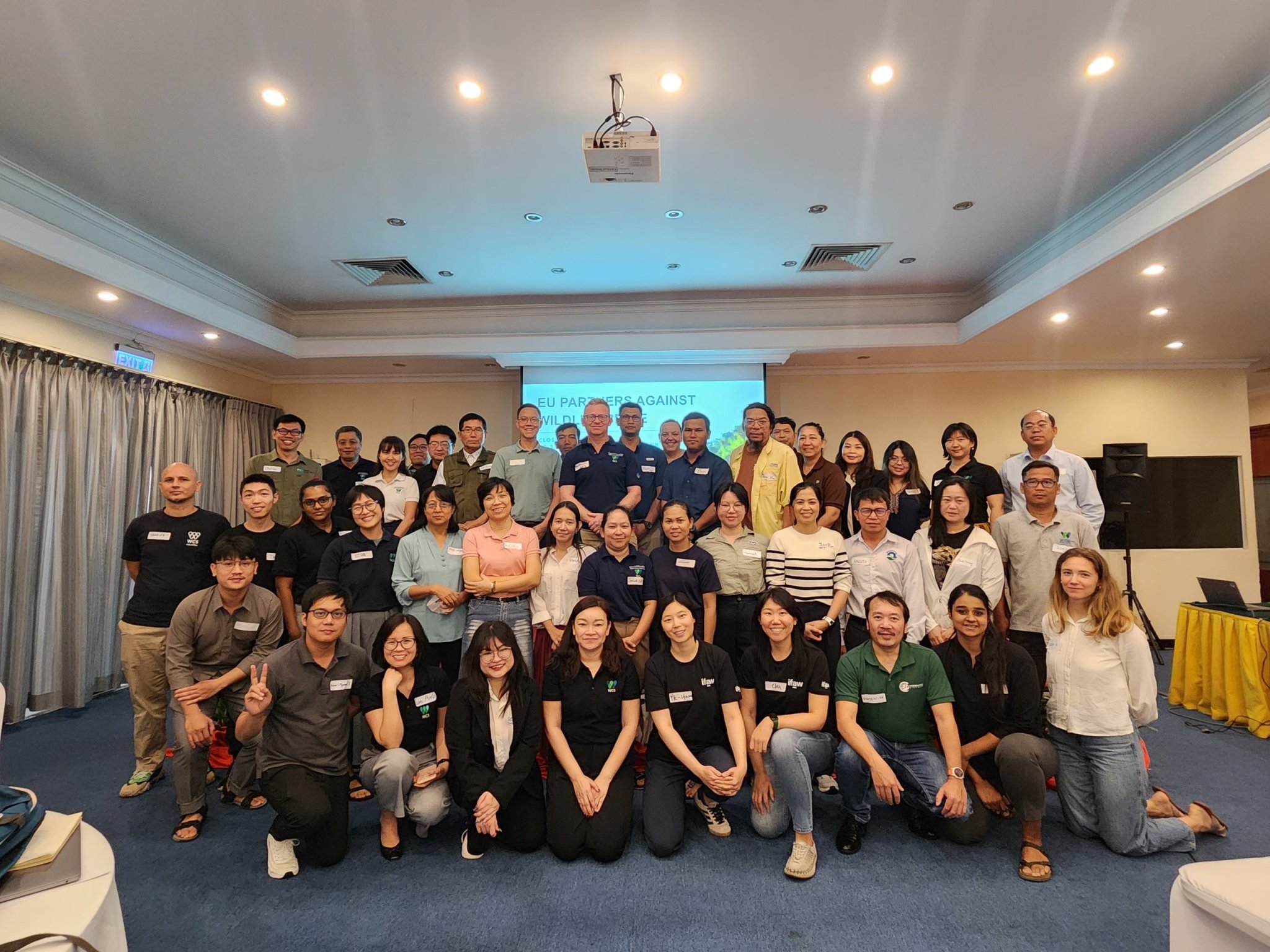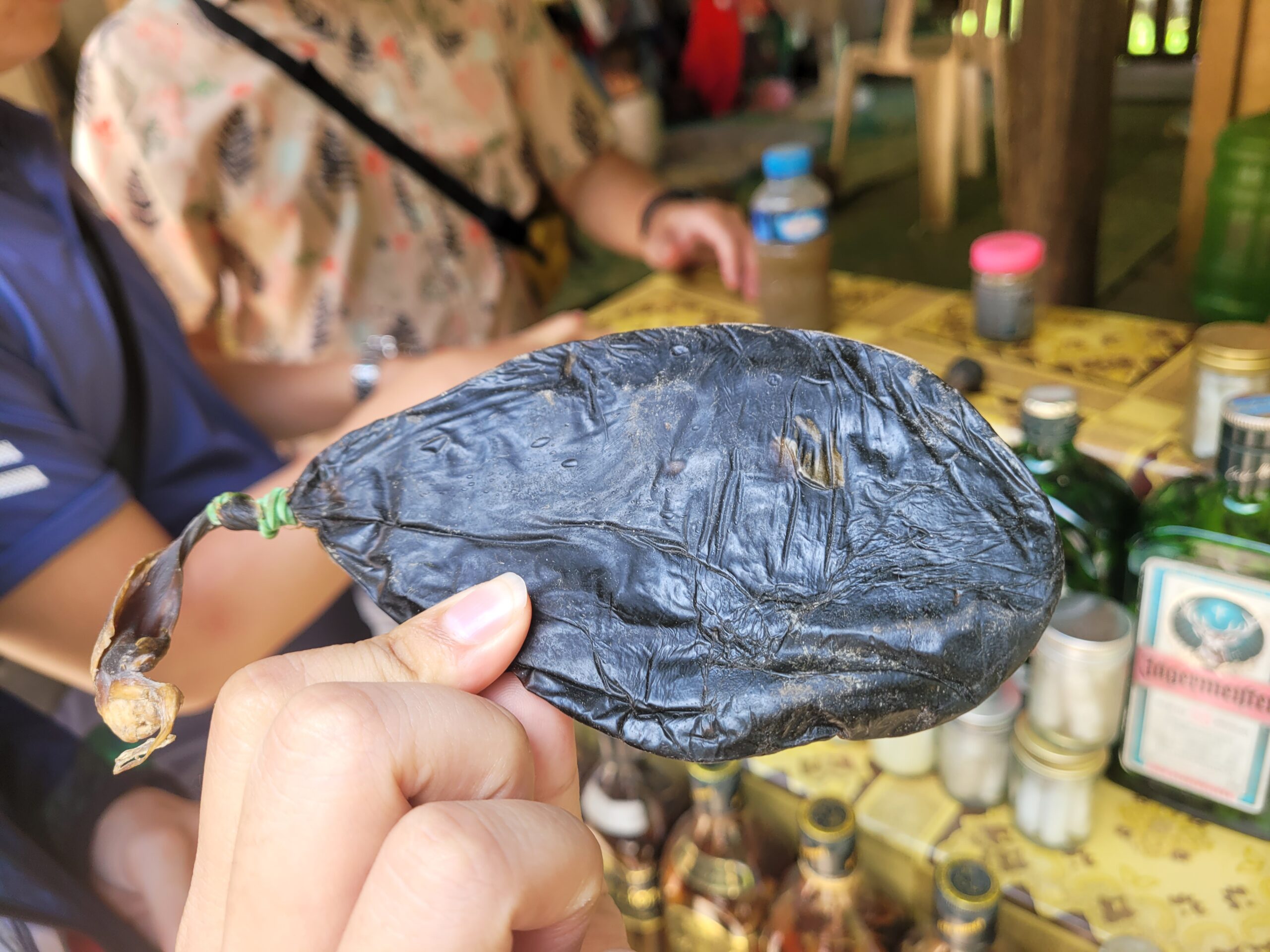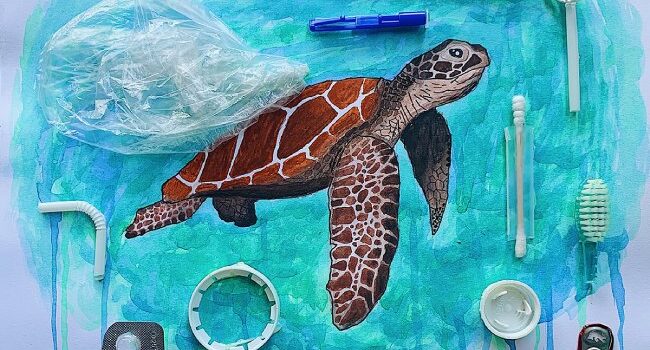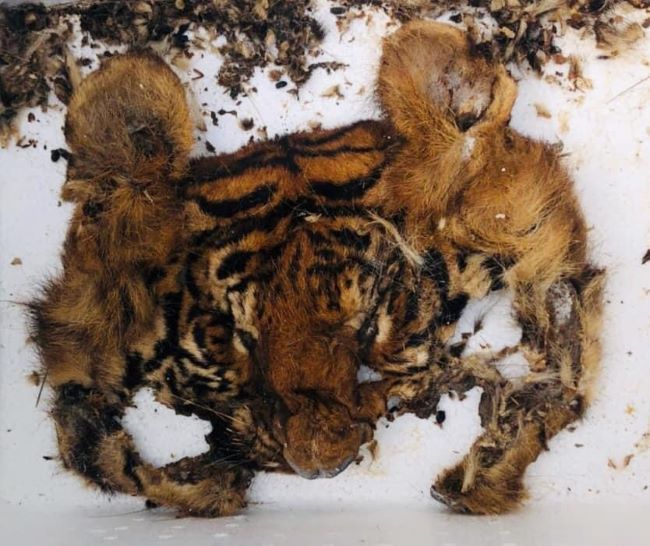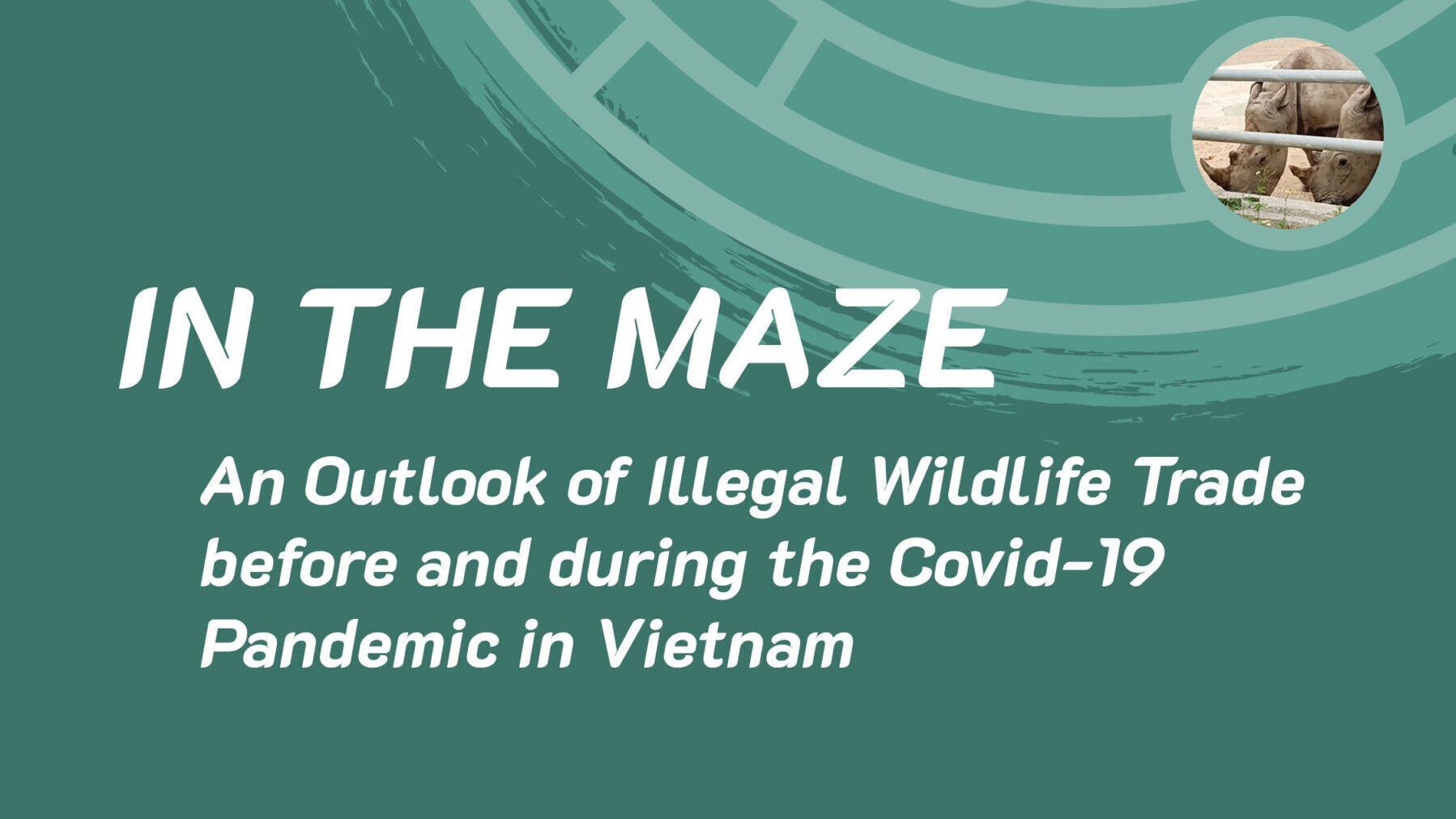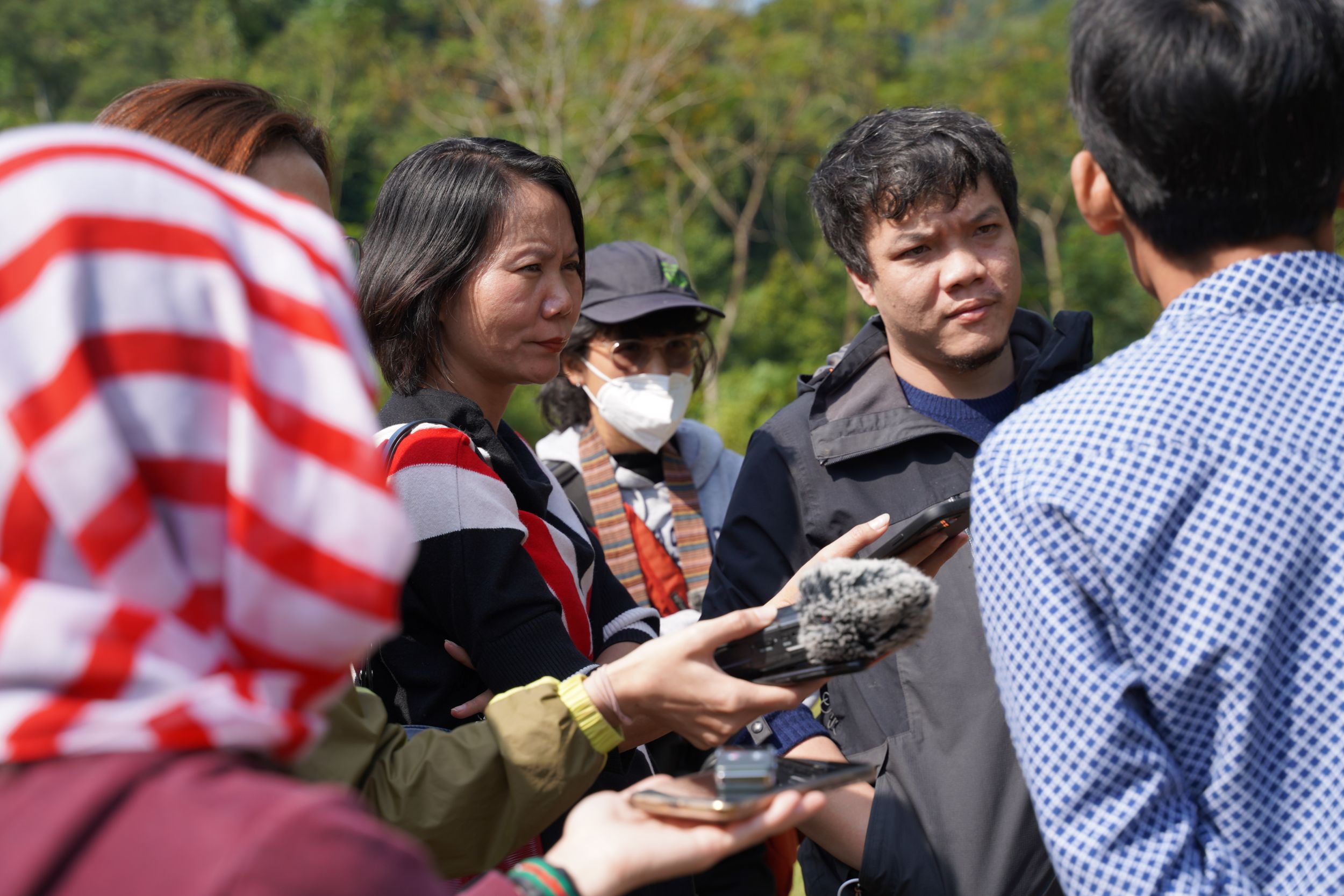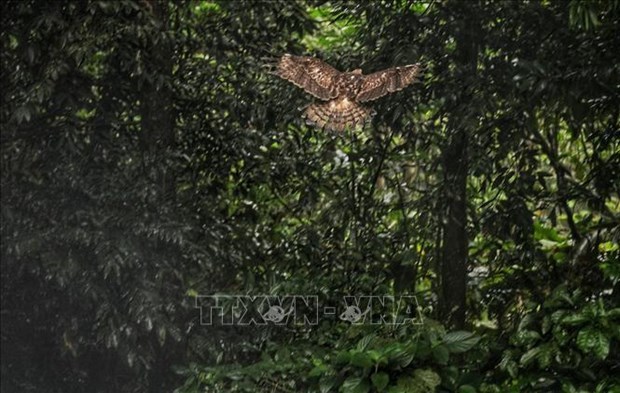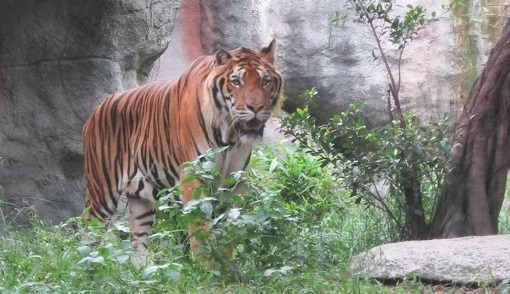Breaking Chains: Collaborative Strategies to Combat the Illegal Trade of Wildlife
The Partners Against Wildlife Crimes Project, coordinated by the Wildlife Conservation Society (WCS) and supported by the European Union, held its last workshop in Phnom Penh, Cambodia from February 19–21. The purpose of the gathering was to celebrate the project's accomplishments and to exchange lessons learned among partners. Through the use of civil society alliances to support government action, the project aims to disrupt unlawful supply chains for Siamese rosewood, tigers, Asian elephants, and freshwater turtles in the Greater Mekong, Malaysia, and China.

